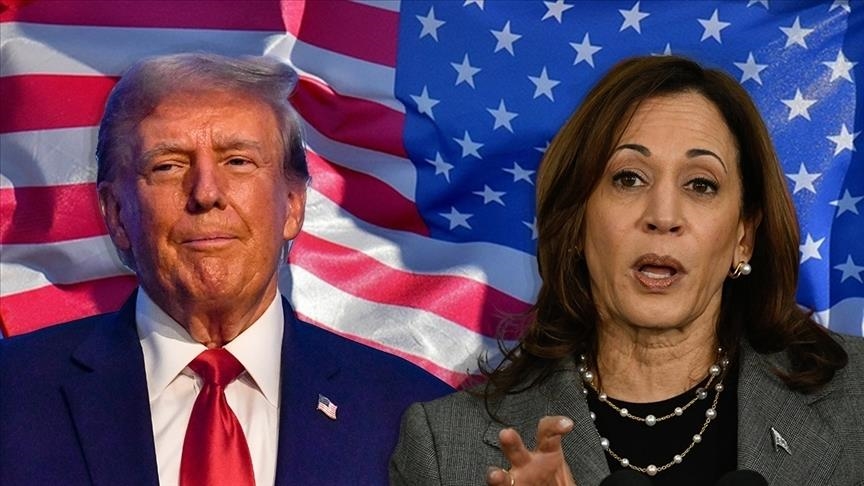
In November 2024, the voters in the United States will choose between former President Donald Trump and Vice President Kamala Harris to be the next president of the United State of America. Both of the candidates have overlapping foreign policy ambitions towards China; therefore, the strategic competition of the United States with China is most probably going to intensify no matter who resumes the presidency in January 2025. China, on the other hand, has not preferred any candidate openly because for China, no matter who comes to the office; republican or democrat, the new U.S administration is going to be antagonistic.
Being two most powerful states of the world, both the U.S and China are in disagreement over multiple issues which have strained their crucial relationship. The most contentious issues are Taiwan (a self-governing Island claimed by China) and escalation of Maritimes disputes in South China Sea between China and the U.S partners in the region.
If former President Donald Trump holds the office in January 2025, his policy towards China will be influenced by certain factors. The first factor is trade; Trump has always framed the U.S-China relationship through the lens of trade with the clear intention of increasing economic engagement between two states. Trump’s policy is, more or less, based on a transactional or business approach and many believed that he might seek economic concessions by increasing tariffs on China’s products. In the recent interview with the Fox News, Trump said that he respected President Xi and he would like to have a good relationship with China but at the same time he also claimed that he is going to escalate trade war with China by increasing 60% or more tariffs on Chinese goods. He is also planning to boost local manufacturing plans to reduce country’s reliance on China. Moreover, he repeatedly accused Taiwan of stealing chip industry business from the United States and said that Taiwan should pay to the U.S for its defence. Although, former president Trump is driven to have balance relations with China in the economic domain, but his policy towards China would likely be unpredictable amid his unpredictable decision making and views of his appointed advisors.
The administration of Vice President Kamala Harris, on the other hand, would likely adopt a slightly different approach towards China with focus on Human Right and pragmatic diplomacy amid her personal background and legal career. Kamala Harris has reaffirmed the U.S support for Taiwan and its long standing “One China” policy that does not recognize Taiwan as an independent state nor does not it recognize China’s sovereignty over Taiwan. Unlike Trump who believes that the United States should focus on Asia above all, Kamala is following the mainstream Biden administration approach that the United States should not fail in Ukraine because any failure in Ukrainian support will undermine the U.S credibility among its partners. She has also accused China for disturbing rule-based international order by intimidating its neighbor in the South China Sea.
Furthermore, the Harris administration is also expected to follow Biden Strategy towards China which is based on domestic capacity building, aligning with partners, and competing with China where necessary. The Harris Administration will also seek pragmatic ways to maintain balance and stability in relationship with China. In addition, Kamala Harris would also try to achieve strategic engagement with the countries of Global South. As a vice president of the United States, She has spent considerable time in the countries of Africa and Central America. Although, so far, her policy is based on seeking pragmatic ways of achieving key goals of the United States with respect to China, the perspectives of her key advisors will also impact her decision making in this regard.
Now which presidential candidate is better for China? For China, whoever comes to office whether Kamala or Trump, both are going to take a slightly tough approach towards China. Both candidates might follow the same strategy towards China except for tactical differences regarding trade and alliances. Harris will prioritize the central role of allies and partners in Asia Pacific while Trump will adopt a more aggressive approach for Trade. The Foreign Ministry of China has not commented on this matter, calling it an internal matter of the United States. However, it is also possible that the Chinese officials might slightly prefer Kamala Harris for the continuation of the progress made by the Biden administration. Although for China, Kamala is weak a preference but she is more predictable than Donald Trump and will pursue manageable policies even if they are not in favor of China. Donald Trump, on the other hand, might produce instability in the U.S-China relation through implementing harsher trade policies and his antagonism towards U.S alliances in the region. Although China seeks stability in regional and international order, the outcome of the U.S presidential election 2024 is going to be challenging for China.
